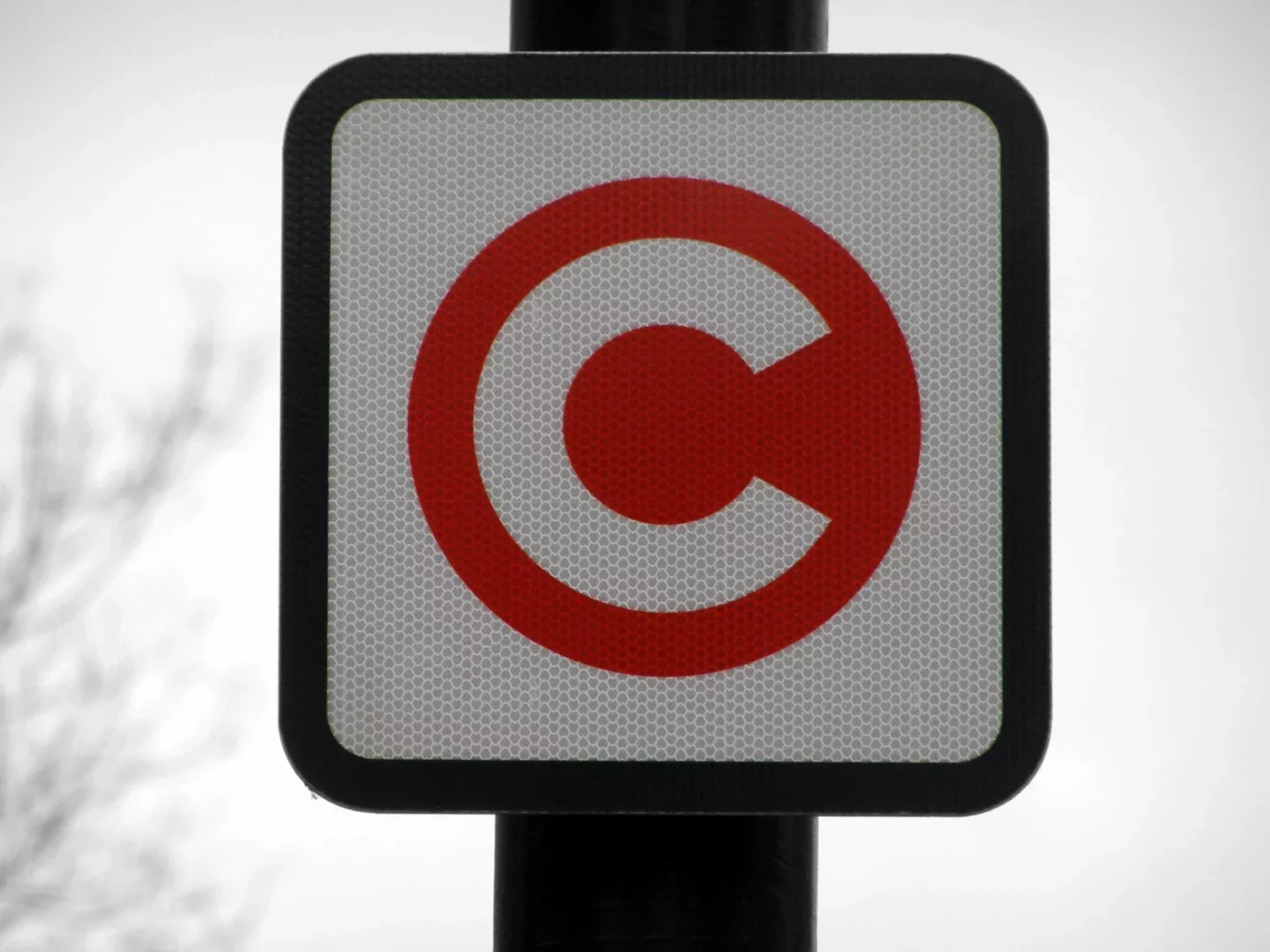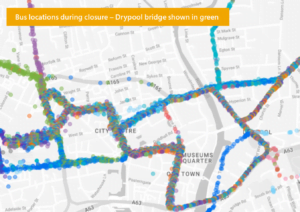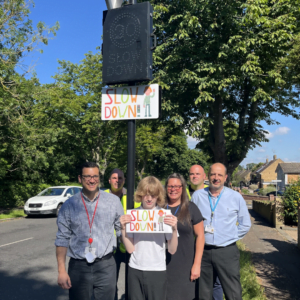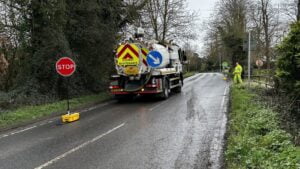The University of Cambridge has signalled its agreement with plans for a congestion charge in the city – as long as better public transport services are in place before it begins.
In a statement released today (Monday, January 23) the university outlines its broad agreement with the Greater Cambridge Partnership’s proposal to introduce a road charge for vehicles entering, leaving or driving within the city of Cambridge.
However, the university did acknowledge that some staff who were on lower wages or lived outside the city would be disadvantaged by the charge, reports the Cambridge Independent.
Its statement outlined the university’s response to the GCP’s Making Connections consultation, which closed on December 23. More than 23,000 people have given their views about plans to charge motorists. The charge would be at least £5 for cars to drive in the city which would pay for a £50m expansion of Cambridgeshire’s bus network, as well as active travel improvements for cyclists and pedestrians.
Published by Professor David Cardwell, pro-vice-chancellor (strategy and planning), it said: “It is clear that in order to deliver against their climate ambitions, the university and its regional partners cannot continue with the status quo as far as the existing transport system is concerned. It is in this context that the university welcomes the progress being made by the Greater Cambridge Partnership (GCP) to deliver an integrated transport solution, including affordable bus journeys, to address the climate and biodiversity crisis and social inequalities that the region faces.”
It noted that the “vast majority of students” and “over 60 per cent of our staff” use sustainable modes for their journey to work, meaning that a charge on motorised vehicles would not affect most people at the university.
However, the university did admit that, “for those who live outside of Cambridge, this percentage reduces, and we anticipate that in the future more staff will be travelling from outside of Cambridge.”
Furthermore, feedback from university staff has revealed “whilst the largest portion are likely to directly benefit from the proposals, a number will experience significant impact and particularly those with complex travel needs on lower incomes.”
The university has said it will offer “qualified support” to the GCP plans, subject to the following:
- The GCP should adjust the final proposals in line with the feedback received during the consultation.
- The frequency, duration (5am to 1am), affordability (£1/£2 per journey) and sustainability of public transport must be significantly improved before the introduction of any road user charge.
- The GCP should conduct a fully transparent review that gives all those affected the opportunity to consider and comment on improvements in transport services before the GCP proceeds with any road user charge.
- (There should be) exemptions or clear mitigation measures for those who may experience adverse impact from the proposals, such as those with complex travel needs on lower incomes, and look forward to receiving further information.
It has called for a review of the new public transport put in place, before the GCP proceeds with any road user charge. This should be “fully transparent” and give all those affected an opportunity to comment before road charging goes ahead.
The university is one of four partners represented on the GCP, along with Cambridge City Council, South Cambridgeshire District Council and Cambridgeshire County Council.





















